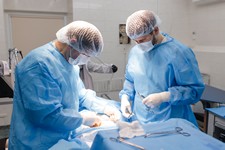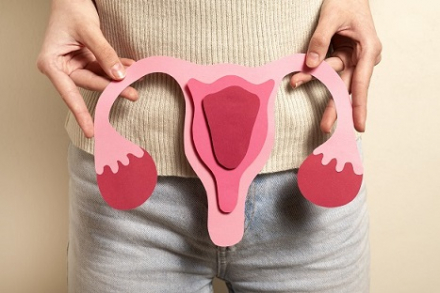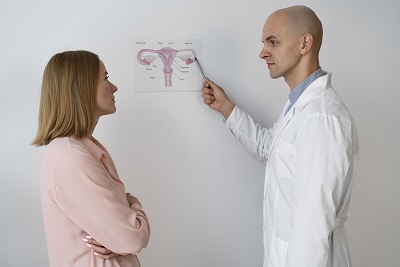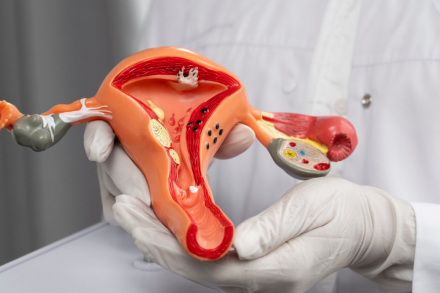

















What is vulvar cancer?
Vulvar cancer is a malignant neoplasm that develops on the external female genital organs, which include the labia majora, labia minora, clitoris, and vaginal vestibule. It is a rare type of cancer that usually occurs in older women, but can also affect younger women.
Causes and Risk Factors
Vulvar cancer can develop due to several factors:
- Age: It is most commonly diagnosed in women over 60 years old.
- Human Papillomavirus (HPV) Infection: Certain types of HPV are associated with the development of vulvar cancer.
- Immunodeficiency: A weakened immune system may increase the risk of developing cancer.
- Chronic inflammatory diseases of the vulva: Such as lichen sclerosus, vulvar lichen planus, vulvar leukoplakia.
- Smoking: Increases the risk of developing malignant neoplasms.
- History of cervical or vaginal dysplasia: Precancerous conditions can increase the risk of vulvar cancer.
Symptoms
Symptoms of vulvar cancer may include:
- Persistent itching.
- Pain in the external genital area.
- Thickening or change in skin color of the vulva.
- The presence of a lump or sore that does not heal.
- Abnormal discharge or bleeding from the external genitalia.
- Pain during urination or sexual intercourse.
Diagnosis
Several methods are used to diagnose vulvar cancer:
- Gynecological examination: Examination of the external genitalia to detect suspicious formations.
- Biopsy: Taking a tissue sample for examination under a microscope.
- Colposcopy: Using a special microscope for a detailed examination of the vulva.
- Ultrasound, CT, or MRI: Used to determine the stage of cancer and its spread.
Treatment
Treatment methods depend on the stage of cancer and the overall health of the patient. The main methods include:
- Surgery: Removal of cancerous growths, which may involve partial or complete vulvectomy (removal of part or all of the vulva).
- Radiation therapy: Used to destroy cancer cells.
- Chemotherapy: The use of drugs to destroy cancer cells, which may be combined with radiation therapy.
- Laser therapy: Used to remove precancerous cells or small lesions.
Prevention
There are several ways to reduce the risk of developing vulvar cancer:
- HPV vaccination: Protects against the most dangerous types of the virus.
- Regular gynecological exams: Help detect precancerous changes at early stages.
- Quitting smoking: Reduces the risk of developing cancer.
Vulvar cancer is a serious disease, but modern diagnostic and treatment methods can significantly increase the chances of recovery. It is important to have regular preventive examinations and to see a doctor if any concerning symptoms appear. Take care of your health and take care of yourself!
We will discuss all questions regarding the surgery and the postoperative period during our meeting at the clinic.
You can view these and other surgeries on my YouTube channel.





